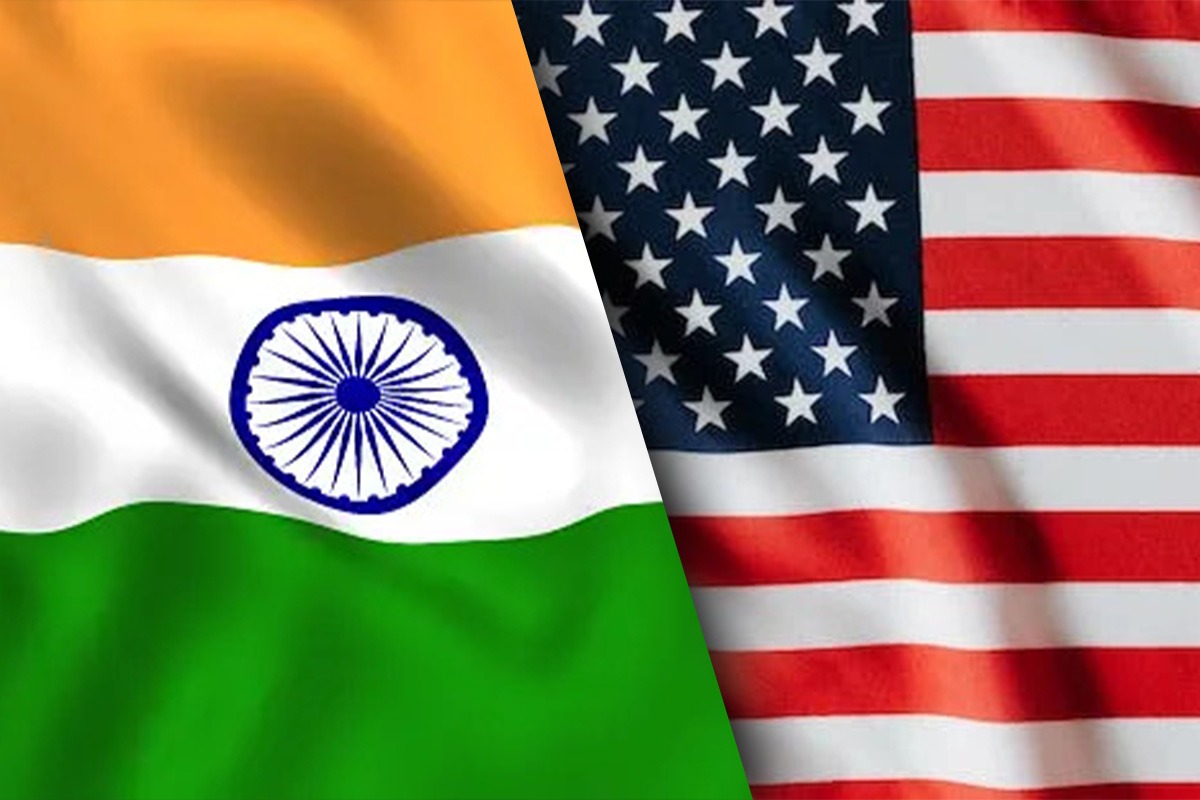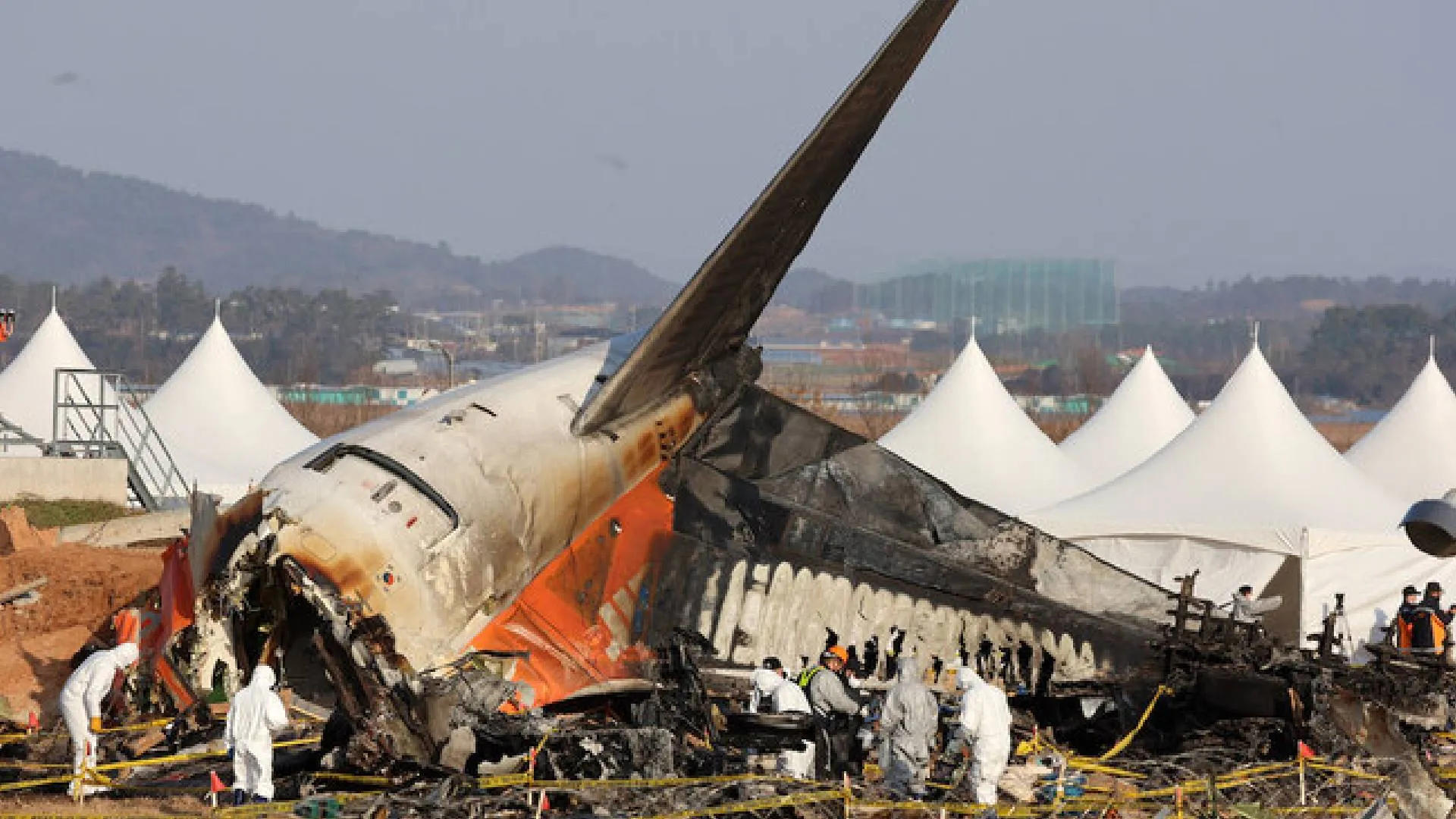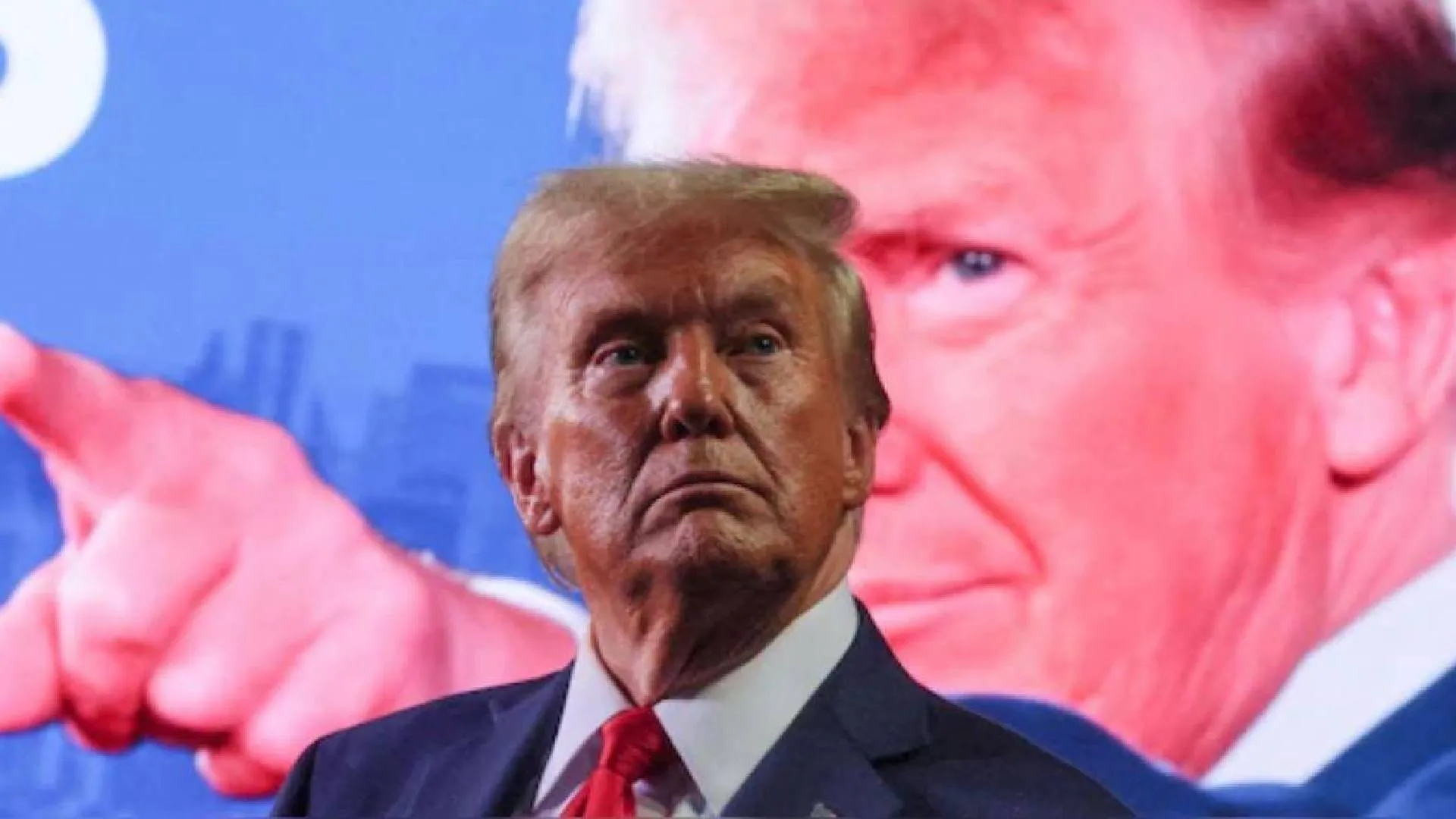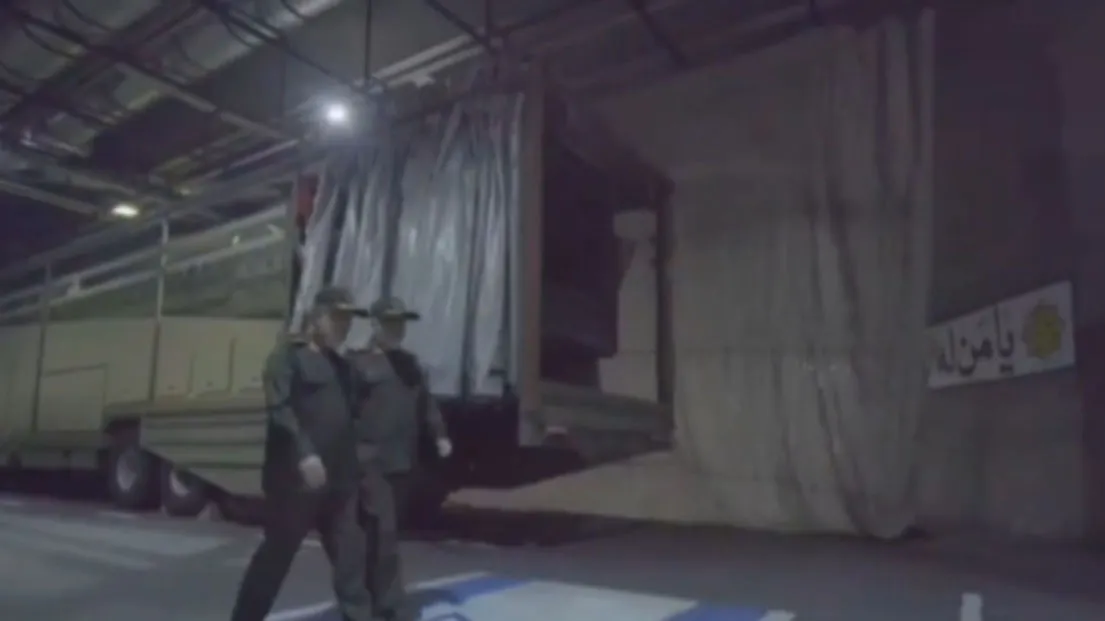The joint decision of India and the US to ramp up efforts to designate Pakistan based terrorists and “jihadists” under the 1267 UNSC resolution augurs well as far as global battle against terrorism is concerned. It is a positive development that the two countries have opened bilateral communication channels to share more counter-terror intelligence inputs so as to plan to move a resolution at the United Nations Security Council (UNSC) for blacklisting of terrorists who continue to enjoy safe haven on the soil of Pakistan.
For this to be a reality, New Delhi and Washington need to intensify efforts to ensure better cooperation between the law enforcement and intelligence agencies of the two countries. Diplomats of both sides are reportedly in an intense touch with each other to discuss the modalities of how India and the US will go ahead with the move at the UN. In fact, India and the US have to keep in mind China which cannot be taken lightly if any proposal comes up seeking to get terrorists blacklisted at the UNSC. The governments in New Delhi and Washington cannot forget how China on June 20 blocked a proposal by both India and the US at the United Nations to designate Pakistan-based LeT terrorist Sajid Mir, wanted for his involvement in the 26/11 Mumbai terror attacks, as a global terrorist. Beijing blocked the proposal that had been moved by the U.S. and co-designated by India to blacklist Mir under the 1267 Al Qaeda Sanctions Committee of the UN Security Council as a global terrorist and subject him to assets freeze, travel ban and arms embargo. With this in the background, India and the US expect China to use its veto to support terrorists in Pakistan from getting globally designated by the UNSC committee when any proposal is brought up again.
So, the two countries need to put in place a comprehensive and fool-proof strategy to tackle the Chinese factor. India and the US should jointly voice concern strongly over Beijing’s move to support Pakistan at the UN. If needed, the two nations should together build a global campaign exposing China’s double standards over terrorism.
The international community needs to be involved in the campaign. In addition to this, India must fast-track implementation of its strategy to reach out to the Financial Action Task Force (FATF) with fresh evidence to establish that Pakistan is not acting against terrorists and terror groups operating from territory under its control. Discourse at the Financial Action Task Force (FATF) Plenary held between February 22 and 24 saw the agency commit to intensified monitoring and a flurry of decisions aimed at curtailing money laundering and terror financing.
So, India should remind the FATF of the need to intensify monitoring Pakistan and terror groups that are operating from territory under its control. The US may have let Pakistan off the hook from the FATF’s grey list, but the Biden administration has signaled to take a tough stand against Islamabad at the level of the global terror watchdog if Pakistan continues to show a soft corner for terror elements. The US must not hesitate to consider the proposal to put Pakistan back on the same grey list. In the joint statement during Prime Minister Narendra Modi’s state visit to Washington, India and the US referred to the Financial Action Task Force (FATF), asking it to improve its standards to combat money laundering and financing of terrorism. This was a clear signal that the two nations would work together in a more coordinated manner to ensure that the global terror watchdog tightens its grip over countries like Pakistan for their terror connection. Strong and substantive FATF inputs can help India and the US to act with more strength and power at the UN, and China might also relent on rigid stand in the face of concrete evidence and the FATF inputs against any Pakistan-based terrorist.

















